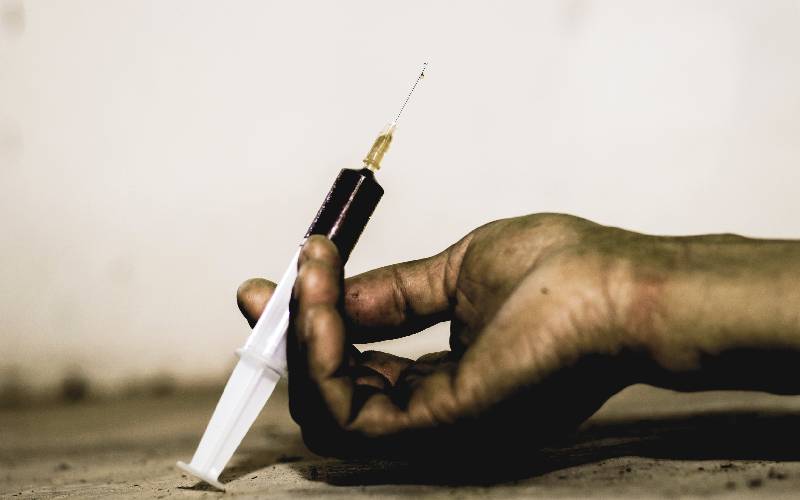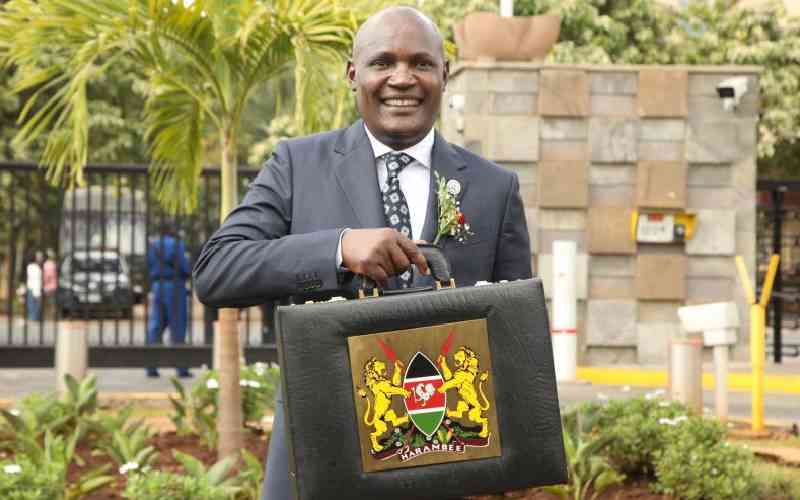×
The Standard e-Paper
Smart Minds Choose Us

At no point, are schools allowed to expel learners found to be abusing drugs. [Courtesy]
The government has unveiled a seven-point strategy to detect and prevent drugs and substance abuse in schools.







